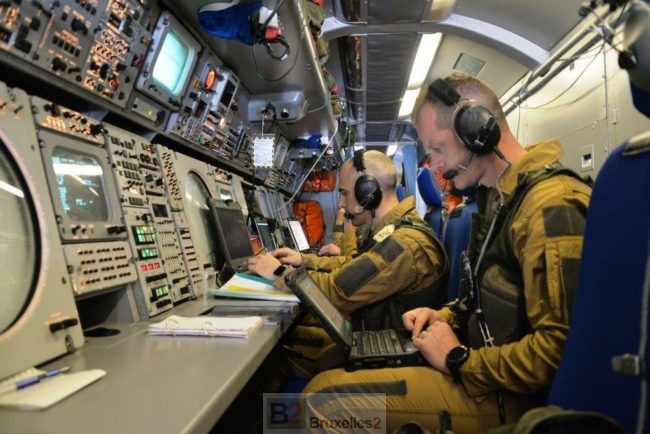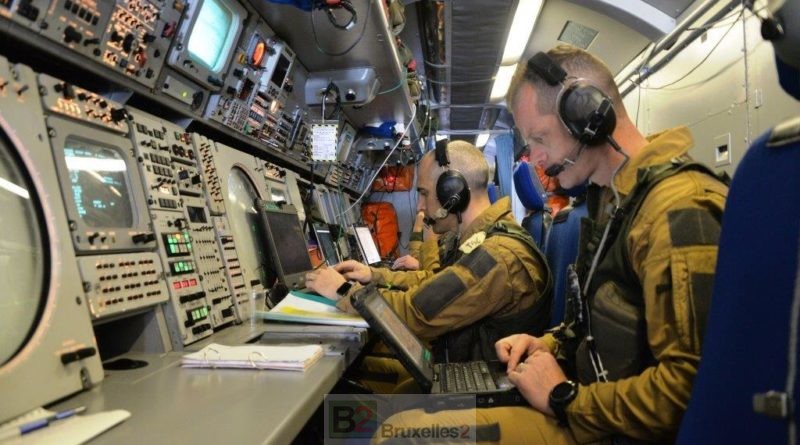From the Sahel to the regiments, the French army takes blows in the face of the coronavirus
(B2 in Paris) With the first returnees from the Sahel and 600 sick soldiers in France, the armies are beginning to bear the effects of the coronavirus. On the side of the ministry, it is assured however: the operations continue without major consequences. In the regiments, the taking into account of the epidemic seems more random

Sahel and coronavirus
First repatriations
Despite its discretion on the subject, the French General Staff of the Armed Forces (EMA) had to announce last Thursday (April 2) the first cases detected on Operation Barkhane. Following a screening carried out by the army health service and a local civilian laboratory, four officers were diagnosed positive, one of whom is being treated on site and three have been repatriated to France. A fifth, who had symptoms but was not tested, also returned.
Quarantine and operations
The staff explains that: all 'contact' cases have been identified and quarantined in a dedicated area. They are subject to strict medical supervision. “, without being able to specify the number of people concerned. The same source assures that these cases of contamination, as well as the measures taken to protect the force's personnel, have no impact on operations, which are continuing at a steady pace ».
Joint operations
Similarly, operations with partner countries on the ground are continuing. The EMA explains that the nature of the coordination makes it possible to respect the rules of distancing. On a daily basis, French and Allied soldiers are not in the same vehicles and have a certain physical distance between them.
Adaptation of successions
Since the appearance of the first cases, the French army health service has coordinated with the host countries of Operation Barkhane to define a strict protocol when new soldiers arrive. Periods of isolation lasting more than 14 days have been put in place, either in theater when possible, or in France at three different sites which are kept secret. It should be noted that on Barkhane, the bulk of the reliefs is expected during the summer. Aircraft rotations have been delayed for the same reasons.
In France, few confinements among the military
600 cases in France
In France, the Ministry of the Armed Forces refuses to give details on the contaminated soldiers, preferring to avoid entering into encrypted communication that is too picky and time-consuming. Questioned by the regional press group Ebra on Saturday (April 4), Florence Parly therefore remained evasive: “ We have about 600 soldiers affected. This corresponds to an order of magnitude, because it is scalable. “Internally, figures and follow-ups go up on a daily basis or almost.
A more or less respected confinement
Last week, an airman confided to B2 the hesitations of his direct command, which was struggling to find how to apply the instructions of the ministry. " On the various discussion groups that we have set up, they feel the concern rising "says the soldier. In his unit, the crews alternate flights where they are glued to each other, with returns to their homes, hoping not to have been contaminated by colleagues. Many testimonies of this type have been published in the press or by young soldiers themselves on social networks. The sports or training sessions continue like this while the soldiers come and go outside the bases, without any real control. In the regiments, it is the rumor that prevails over the cases of sick colleagues.
A “population that resists well”
A source within the Ministry of the Armed Forces, who claims absolute anonymity, believes that there is no reason to worry about the current volume of contamination: “ Overall, we have a young population, which is destined to resist the Covid rather well. We must consider the particular aspect of the military profession: even in a particular context, we are not going to ask ourselves to stop protecting the French. »
(Romain Mielcarek)

